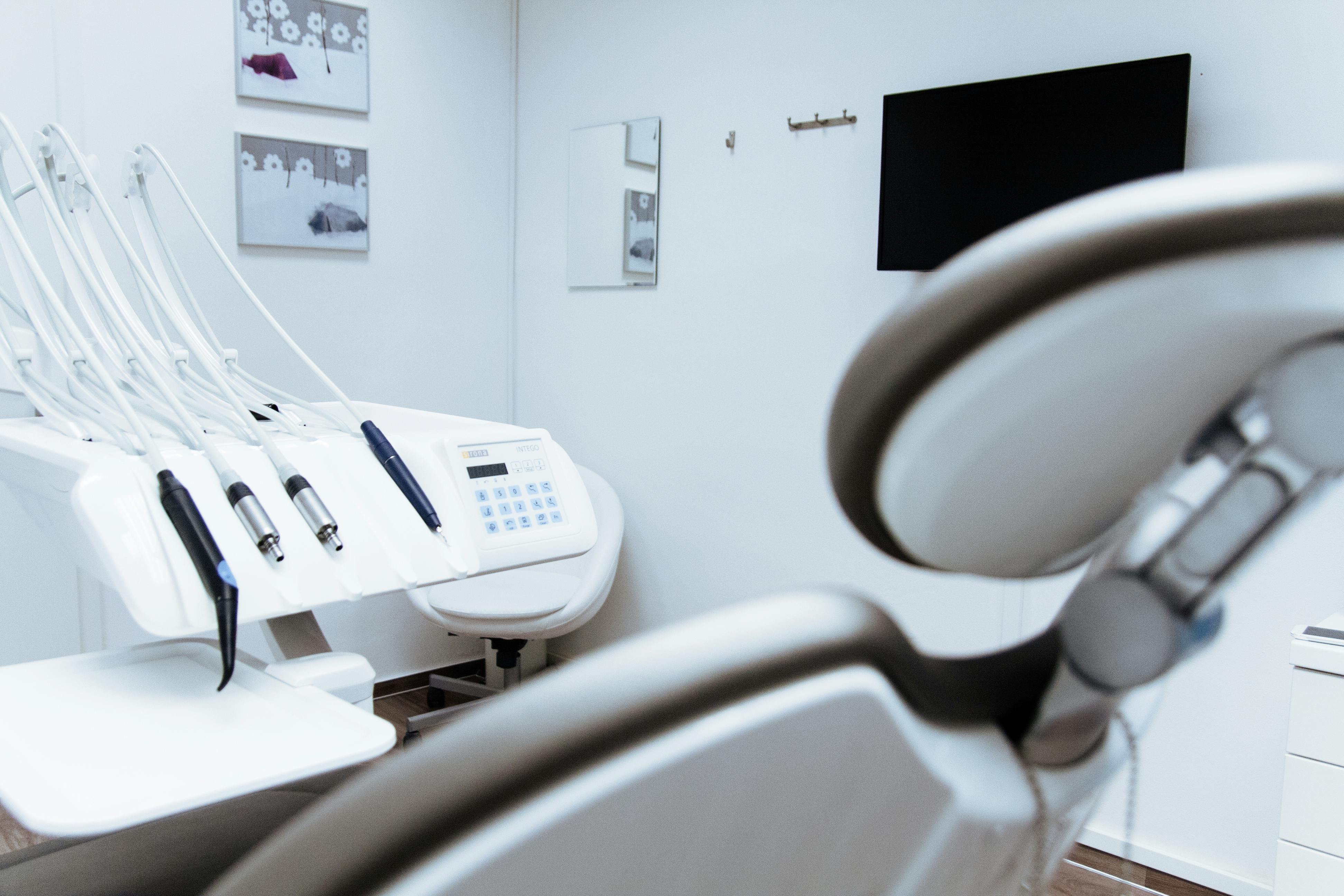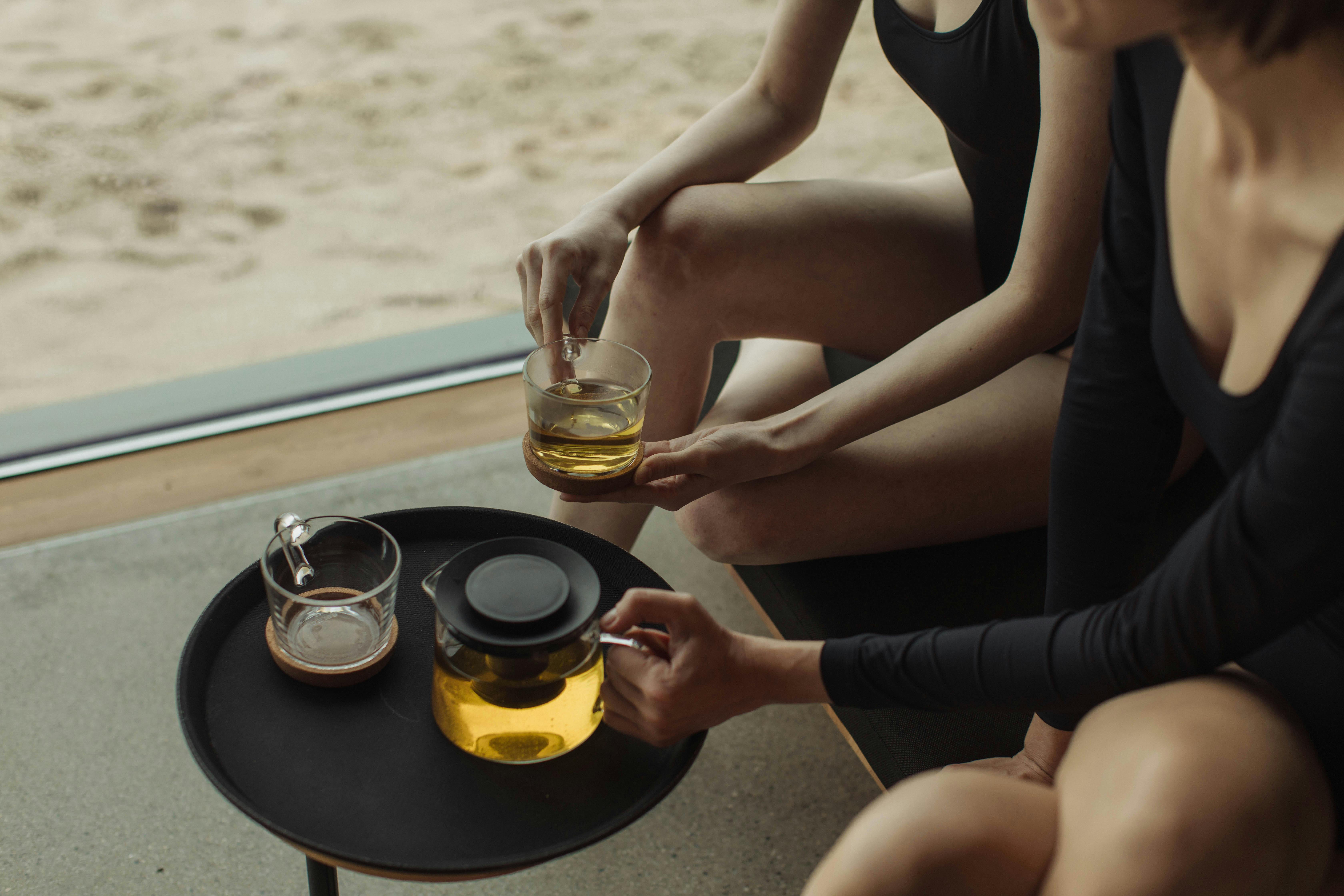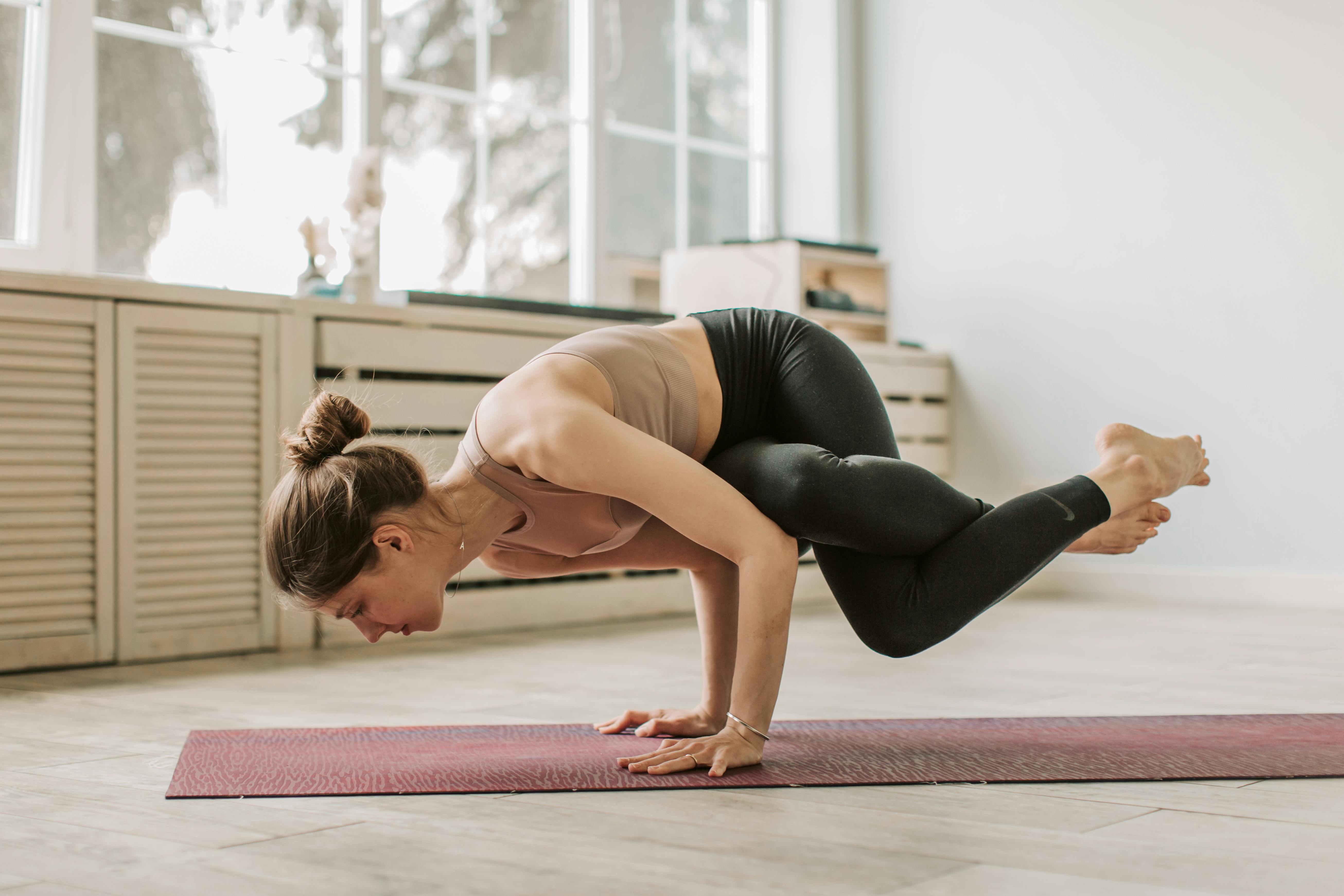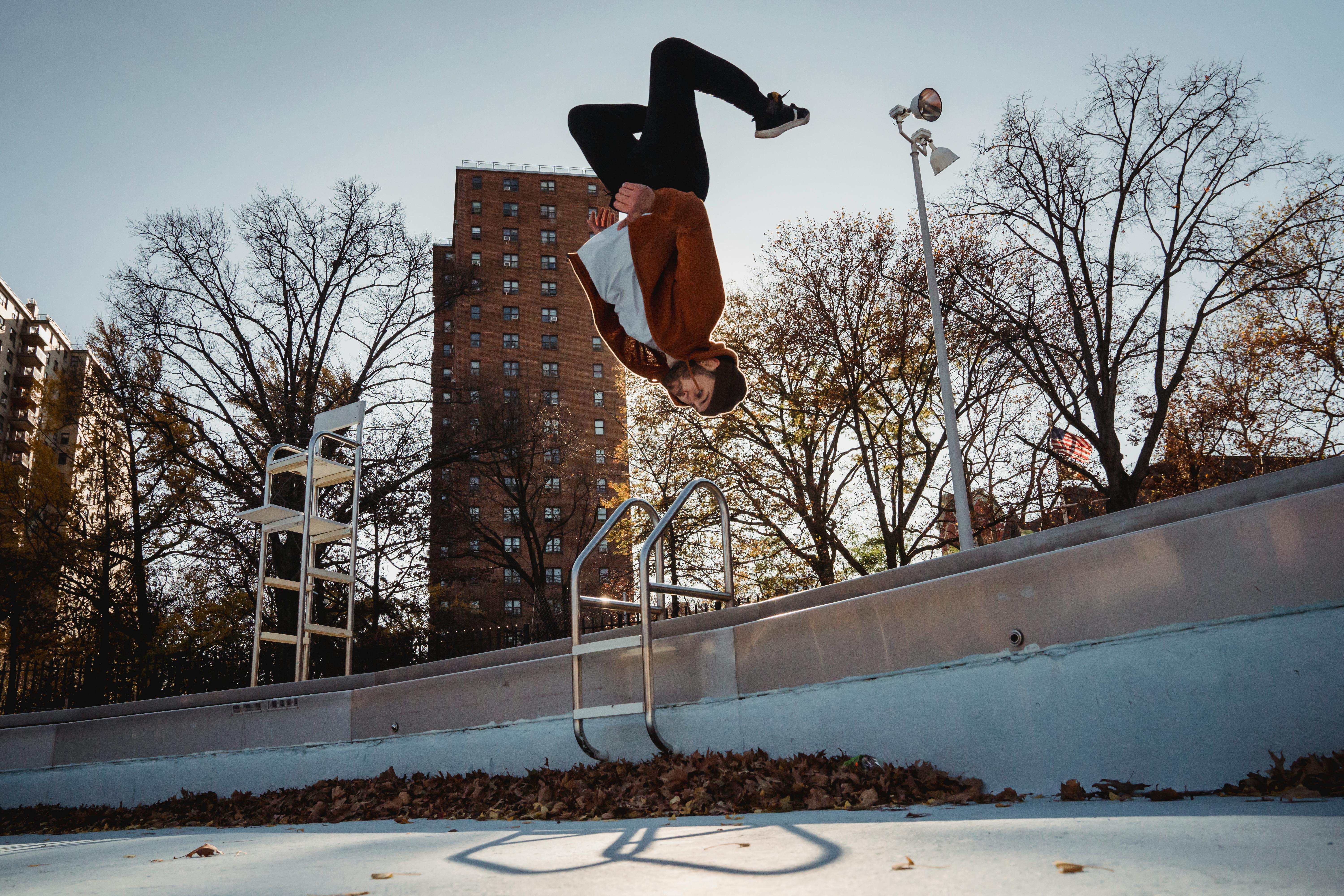Eczema is a skin condition characterized by skin rashes accompanied by intense itching. The rash is in the form of fluid-filled blisters, which break and then gradually heal with the formation of crusts. Along with asthma and hay fever, eczema forms a triad of allergic diseases that have a hereditary component; these may exist alone or all combined in affected individuals. Most people outgrow eczema by age five; others may have chronic and recurring illnesses. Eczema can also be caused or aggravated by frequent washing; excessive sweating; frequent use of rough and tight clothing, exposure to aggressive chemicals and rubber or plastic gloves; as well as environmental factors such as excessive dryness.
The diagnosis of eczema is usually made on clinical grounds taking into account the characteristic appearance and distribution of the rash, and the history of its appearance and triggering factors; a biopsy may rarely be required to confirm the diagnosis. Treatment in the modern system of medicine consists of regular application of anti-inflammatory, anti-itch and steroid creams. Moisturizers help relieve symptoms, while antibiotic creams and oral medications treat secondary infections. Patients are advised to keep their skin clean, avoid known irritants, and wear loose, soft clothing.
Steroid and antihistamine applications work by suppressing hypersensitivity or allergy, which is the hallmark pathology in any manifestation of eczema. These medications have an immediate but temporary effect in suppressing symptoms. On the other hand, Ayurvedic medicines, although they may work slowly, act directly on the skin, subcutaneous tissue, and internal vascular structures to directly reduce sensitivity, treat inflammation, remove accumulated toxins, heal damaged tissue, reduce hyperpigmentation and strengthen the affected parts to minimize the recurrence of the rash.
Oral Ayurvedic treatment, along with local application of herbal ointments, is sufficient to achieve complete remission in most people affected by eczema. For those few who do not respond, or those with lesions throughout the body, treatment is supplemented by Ayurvedic detoxification courses, Panchkarma procedures including induced emesis, induced purgation and bloodletting. Localized and prolonged rash can respond dramatically to a single blood draw procedure from a nearby vein.
Prevention-related advice regarding diet and lifestyle choices is very important. Breathing and relaxation techniques help reduce stress. From an Ayurved point of view, dietary advice includes avoiding excess salt, curd (yogurt), sweets, fermented foods, and fruit salads prepared with milk.
For most people affected by eczema, Ayurvedic herbal treatment for about 6 to 8 months is usually enough to achieve a complete remission. Additional treatment with decreasing doses or dietary advice is sufficient to prevent a recurrence. Therefore, Ayurvedic herbal treatment can be used judiciously in the comprehensive management and treatment of chronic eczema.




Recent Comments